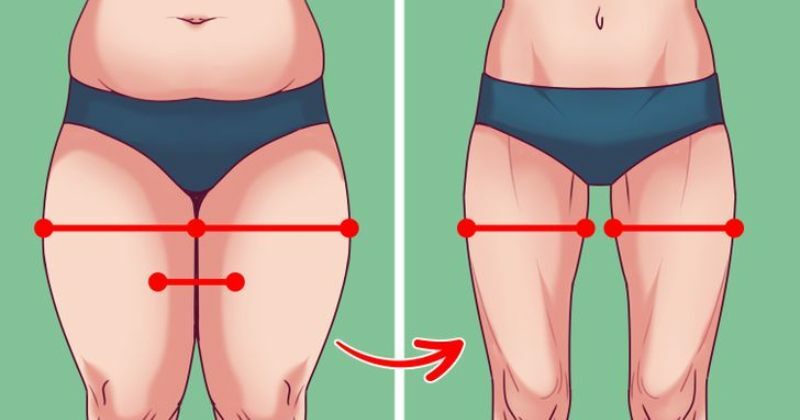Did you know that there are approximately 25 million Americans who are living with problems with their thyroids? More alarmingly, more than half of those people don’t even know that there is a problem. Are you one of them?
Here’s a look at what you need to know about thyroid problems and how you can correct them.
What is the Thyroid?
The thyroid is the gland that is responsible for the way your body metabolizes food. This gland is shaped like a butterfly and it is located in the middle of your neck. The health of your thyroid, or how healthy it is functioning, is directly related to every other system in your body. In other words, if your thyroid isn’t working properly, your entire body will be impacted.
Signs You Have an Hypoactive Thyroid
The thyroid can either be hyperactive or hypoactive. The majority of people who suffer from issues with their thyroid experience hypothyroidism, or an underactive thyroid and signs of this condition are as follows:
- You are excessively tired, despite getting a full 8 or more hours of sleep a night.
- You are gaining weight or you can’t lose weight.
- You have unexplainable mood swings.
- You have severe hormone imbalances.
- You experience irregular periods
- You are infertile.
- Your skin is excessively dry and it is cracking.
- Your hair is falling out.
- You have pain in your muscles, joints or tendons.
- You have swelling in the neck.
How is Hypothyroidism Identified and Diagnosed?
If you are suffering from any of the aforementioned symptoms, it is highly recommended that you see an endocrinologist. Since the thyroid is a major component of the endocrine system, this medical professional will be able to determine if, in fact, you do suffer from hypothyroidism.
In order to diagnose an issue with an underactive thyroid, your doctor will first feel your neck, as the gland can be felt through the neck. If your doctor determines that your thyroid does, in fact, feel larger than it should, he will order tests to further assess its condition. Generally, the following lab tests will be ordered to gain a closer look at the function of your thyroid:
- Free T4
- Free T3
- TSH
- Reverse T3
- Thyroid Peroxidase Antibodies
- Thyroidglobulin Antibodies
Correcting an Underactive Thyroid
If the lab tests indicate that your thyroid is functioning below normal, the following things can help to improve its function:
- Take a multivitamin that contains iodine, zinc, selenium, iron and vitamin D and B vitamins.
- Tyrosine and iodine supplement
- Change to a gluten-free diet.
- Find effective ways to cope with stress.
- Get at least 8 hours of sleep a night.
- Monitor how many cruciferous vegetables you consume.
- Remove bromide, chlorine and fluoride from your diet.
- Have any amalgam fillings removed from your teeth.
- Improve your digestive tract.
Sources:
http://www.activebeat.com/diet-nutrition/10-signs-you-may-have-a-thyroid-problem/
http://www.health.com/health/gallery/0,,20723100,00.html
http://thyroid.about.com/cs/basics_starthere/a/10signs.htm
Featured Image Source: http://www.cancer.gov/images/cdr/live/CDR719086.jpg


